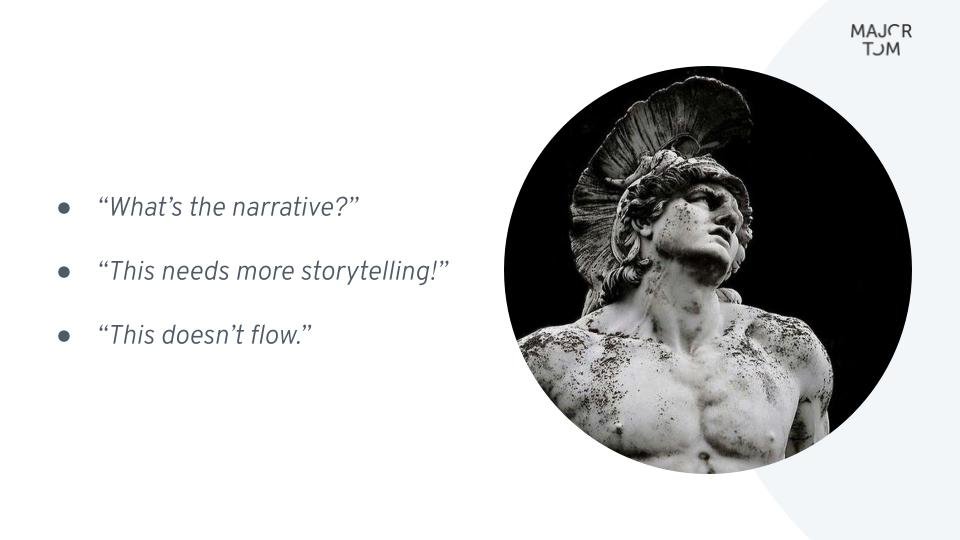Stats, Porn, Outrun
Super Nerds, Strategy, and Oil Paintings
Crows, Photos, Charts, Technology
Kylie Minogue and Neuromancer. Also some stuff about AI.
Strategy, hospitality, and the politics of sci-f.
Better late than never. Join For a real miscellany of presentation advice and sci-fi.
Am I a luddite? Read this article to find out!
A little bit about Wayne Gretzky, a little bit about Science-Fiction
Why was the pilot episode of Miami Vice so good? Also a little bit about strategy.
Memories of the Adirondacks and also Garfield.
Fonts, Astronauts, and Transparency from agencies.
my list of the best sci-fi to read.
Better writing, and also better decks.
Jonn Scalzi being an incredible human plus mind-blowing Keyntoe presentation tips.
UX Design, The Distant Mountain Theory, and a look at the movie that inspired HEAT.
The Synthetic Social Web is coming and it’s scary.
The first in what I hope is a series of interesting things I learn about or read.

Hi. I’m Parker. And this is BlogCampaigning.
What began as a place for Espen Skoland to share his research about the use of “Web 2.0” in American political campaigns has now been co-opted by me to share hiking photos, sci-fi book reviews, and things that interest me.
Subscribe by email for infrequent updates.
Snobs of Old Europe (Jens Schroeder in Australia)
This is BlogCampaigning.
It used to be about the use of social media in political campaigns and was written by Espen. Now it’s mostly hiking photos and whatever Parker Mason feels like.
You can contact us here or subscribe here for email updates.
Here are some recent posts:
Drones, Sci-Fi, Books, Writing
Stats, Porn, Outrun
Super Nerds, Strategy, and Oil Paintings
Crows, Photos, Charts, Technology
Kylie Minogue and Neuromancer. Also some stuff about AI.
Strategy, hospitality, and the politics of sci-f.
Better late than never. Join For a real miscellany of presentation advice and sci-fi.





























Drones, Sci-Fi, Books, Writing